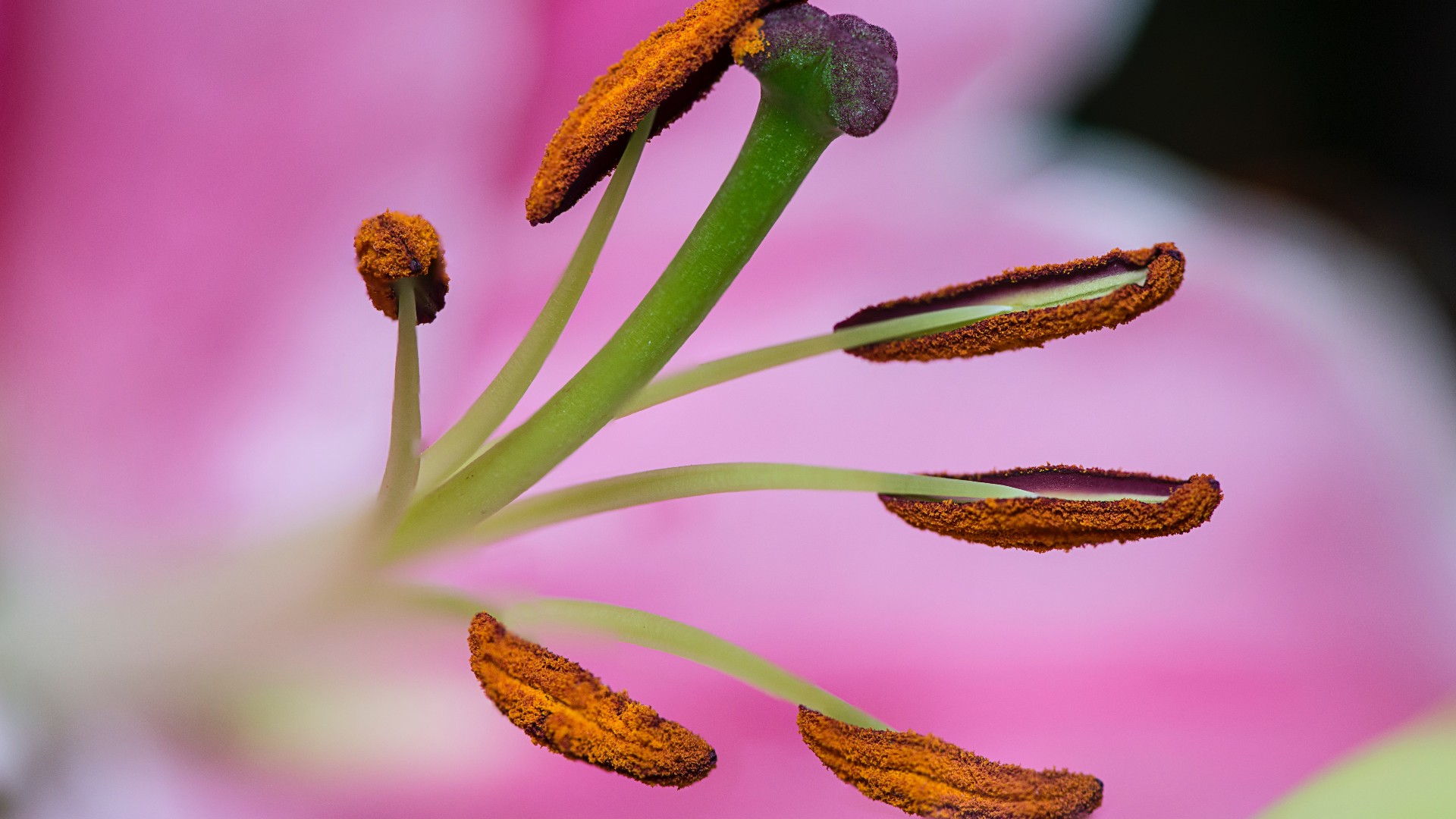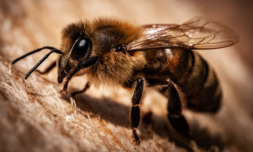According to a new study, insect declines are resulting in reduced yields of healthy foods like fruit, vegetables, and nuts which is causing an estimated 500,000 early deaths a year.
In 2019, the first Global Scientific Review of insect populations was released.
It disclosed, to the dismay of the entomological community, that the world’s insects were hurtling towards extinction and warned that without immediate action, we would find ourselves amid a ‘catastrophic collapse of nature’s ecosystems.’
Almost half a decade later, and the situation is only growing worse. Today, entomofauna is declining at an unprecedented rate of up to 2% a year, largely a result of deforestation, pesticide use, artificial light pollution, and climate change.
As is most likely obvious, the consequences of this decimation are far reaching.
An integral and irreplaceable facet of the biosphere – serving as the base of the ecological food pyramid – if insects disappear, it stands to reason that everything else will as well.

Unfortunately, this is already beginning to come into effect, as uncovered by a recent study published in the journal Environmental Health Perspectives.
According to researchers, the rapidly intensifying issue of insect decline is behind an estimated 500,000 early deaths annually.
This is because suboptimal pollination is amounting in reduced yields (some 3-5%) of healthy foods like fruit, vegetables, and nuts.
As they explain, this puts communities at a higher risk of suffering from strokes, diabetes, cardiovascular disease, and even some types of cancer.
The lower consumption of these foods means about 1% of all deaths can now be attributed to pollinator loss, making this the first time scientists have quantified the human health toll of insufficient wild pollinators.





















